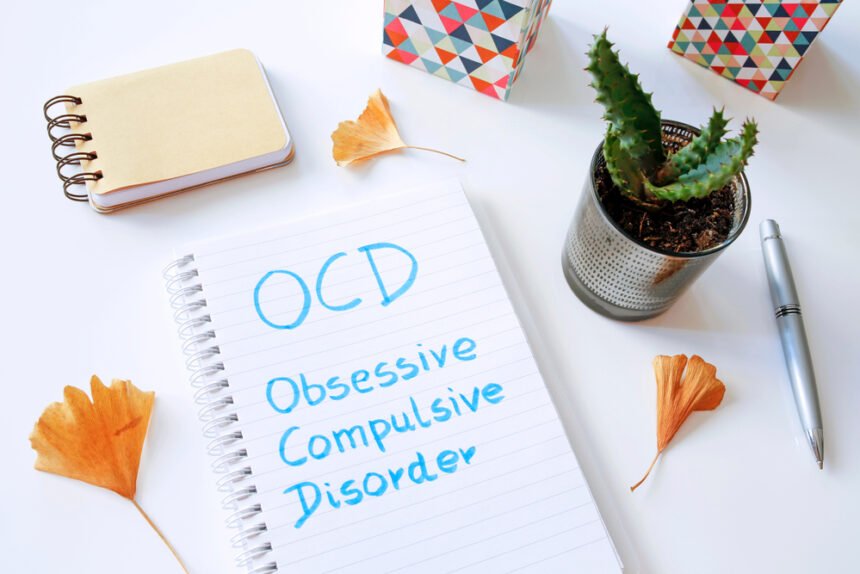Obsessive-Compulsive Disorder (OCD) is a mental health condition marked by unpleasant and confusing thoughts, representations, and impulses that affect a person’s behavior, causing anxiety and irritations. The disorder affects children and teens, resulting in compulsive and repetitive behavior and acts.
Typically, OCD does not occur abruptly. The signs are so negligible at the start that you would deem them normal behavior. Abuse, trauma, bullying, family crisis, and the death of a loved one are the primary triggers of OCD symptoms. Some children can even get it in heredity.
Signs of OCD
The two primary OCD symptoms are obsession and compulsion. Many children present one of these signs, whereas others may show both. So, what actually is an obsession? An obsession is a disorderly thought, anxiety, or fear of something bad happening. On the other hand, a compulsion is an action that an individual keeps repeating.
While it’s wise to look for signs of OCD, not all acts of repetition or obsession qualify as symptoms of the condition. For example, it is normal for a child to go back to double-check if the door is locked, or worrying at a time of a pandemic like COVID-19 that they might get infected. However, when the obsession and compulsion become a routine or starts to affect the person’s quality of life, these signs point toward OCD.
Let’s take a look at specific examples and signs of obsession and compulsion in OCD.
Examples of obsessive thoughts in OCD
- The eternal fear or anxiety of being infected by germs or infecting other people
- A fear that you may lose control of a task and end up injuring yourself or others
- Thoughts or images of violence or dangerous sexual acts
- Obsession with religious or moral concepts
- The fear of losing a loved one or bad things happening
- Obsession with perfection and organization
- A strong belief in superstitions like signs of good and bad luck
Examples of compulsive behaviors in OCD
- Repeatedly double-checking everything, such as gadgets, locks, and switches
- Continuously checking in on someone to be sure they are safe
- Repeating specific words or sentences when speaking
- Doing religious acts obsessively out of the fear of God
- Collecting and storing old items and junk, such as newspapers or food boxes
What causes OCD?
- Many factors can play a role in the occurrence of OCD. One or more of the following factors listed below may explain the occurrence of OCD in you or one of your relatives.
- In some cases, OCD is inherited, so sometimes the disorder may recur in the family.
- Stressful life events cause OCD in about one-third of cases.
- Life changes in which you have to take more responsibility, such as puberty, childbirth, or a new job.
- If you have OCD and it lasts for some time, you may develop a serotonin (a brain neurotransmitter) imbalance.
- You are a neat, pedantic, methodical person – but you go way too far in this.
- If you have extremely high standards of morality and responsibility, you may feel ill when you have unpleasant thoughts. So much that you will start to watch them closely, and this will make their appearance even more likely.
Recently a study performed by Cambridge University researchers, which was published in the American Journal of Psychiatry, questioned the scheme of “compulsions caused by latent anxiety.”
In an experiment involving 21 OCD patients and 30 healthy subjects (a control group), people performed tasks and had to find out simple correlations between stimulus, chosen actions, and outcome. In the first group, it was shown that the subjects continued to perform actions regardless of whether they affected the outcome or not.
The authors of the study believe that people have a tendency to come up with an explanation for everything, and repetition of meaningless actions may be enough reason to develop an obsession: a person starts to think that without these repetitions something terrible will happen.
This is how scientists explain the high efficiency of the psychological method of treatment of this disorder when the patient is convinced that if one does not repeat the obsessive action, nothing terrible will happen, and over time, the fear itself dispels.
Get Support
Getting timely support can help reduce the intensity of OCD. Caring for a loved one with OCD entails many challenges, and if your loved one has the disorder, speaking with other family caregivers who have cared for their loved ones with the same condition can provide you a huge relief.
While you may try to find people with the same experience in-person, it is a good idea to use ExtendaTouch’s OCD helpline with online chat feature to connect with people who relate. Other individuals in the online community can provide you emotional support and share ideas, advice, and information to improve caregiving for your family member having OCD. They can even tell you about their experiences with different treatment options and their efficacies.










